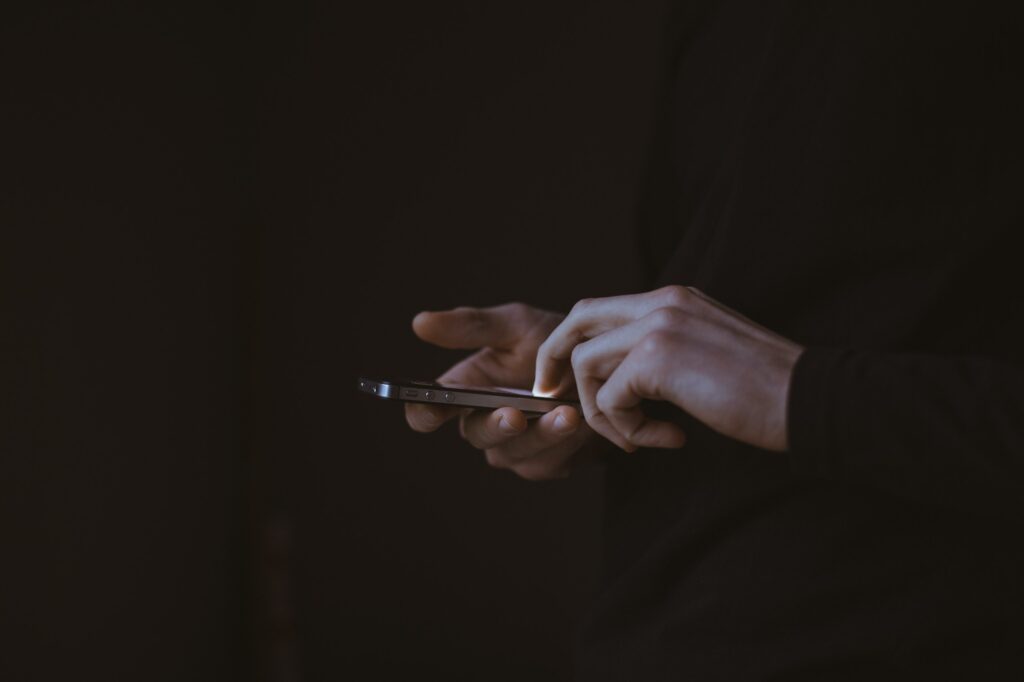Atif Rashid, UK

Artificial intelligence and social media can be either a wonderful or a dangerous combination, depending on how it is used.
While social media has brought the world closer and democratised our public conversations, artificial intelligence is meant to make our lives easier.
But, as with any new invention, there will be people who misuse it. Social media has been widely exploited to radicalise the youth and fuel hatred. Now, as AI comes to the fore, it is similarly being used in nefarious ways.
The combination of both can be dangerous.
In the sleepy Spanish town of Almendralejo, more than 20 girls aged between 11 and 17 became the victims of this dangerous combination when they found naked AI-generated images of themselves circulating on social media. The pictures of the girls, fully clothed, were taken from their own social media accounts and then manipulated. It has shocked the town and undoubtedly caused immense distress to the families.
Eleven local boys were involved in either making the images or distributing them on WhatsApp and Telegram, BBC News reported. (www.bbc.co.uk/news/world-europe-66877718)
American disinformation researcher and author Nina Jankowicz also found herself in deepfake porn videos created by online right-wing trolls.
She wrote in The Atlantic: “Although they may provide cheap thrills for the viewer, their deeper purpose is to humiliate, shame, and objectify women, especially women who have the temerity to speak out. I am somewhat inured to this abuse, after researching and writing about it for years. But for other women […] appearing in a deepfake-porn video could be profoundly stigmatizing, even career- or life-threatening.” (www.theatlantic.com/ideas/archive/2023/06/deepfake-porn-ai-misinformation/674475/)
A study in 2019 found that 96% of all deepfake videos online were pornographic, and 99% of them were of women. It’s an abhorrent method to attempt to silence and humiliate people. (https://regmedia.co.uk/2019/10/08/deepfake_report.pdf)
When Facebook was having its heyday about a decade or so ago, the Head of the Ahmadiyya Muslim Community, Hazrat Mirza Masroor Ahmadaa warned the Community of its dangers. He didn’t ban its use but highlighted its great risks, yet as usual, people were sceptical. Now, years later, we know its dangers for sure.
In fact, he pointed to this exact thing in 2011.
“There are groups of men and women who slowly, by distorting or tampering with pictures, blackmail girls. Or spread indecencies against them. Some girls write to me and say some pictures have appeared on websites or Facebook, which we did not give them. This way, indecencies spread, so to be protected from that, it’s better to not even go there,” he told a gathering of Ahmadi Muslim girls. (www.youtube.com/watch?v=eob2C4sCbsc)
Huzooraa explained further: “Sometimes boys pretend to be girls and form a relationship with girls. In some cases, girls get trapped and have been trapped. That is why I said to leave it, because it is such a thing where you post everything brazenly. Such pictures when you’re in a relaxed mood in your home. If you send such pictures to your friends, they’ll post them on their Facebook, which has 15 more contacts, and then who knows what kind of contacts they have? Thus, a picture that comes out of Hamburg ends up in New York and Sydney,” he explained.
“Facebook enables shamelessness. It tears down one’s hijab and privacy and invites one to indecency,” Huzooraa said during a speech in Germany in 2011. (www.alislam.org/video/urdu-clip-guidance-about-facebook-by-hazrat-mirza-masroor-ahmadaba/)
“The founder of Facebook himself said that I’ve made this because whatever a person is – it should be open and apparent in front of others. And this, in his view, is that if someone wants to post their naked picture, then that is fine, and he invited others to comment on it, and this is acceptable.”
It is interesting to note how Facebook started. Its founder and CEO, Mark Zuckerberg, first created “Facemash” which allowed users to compare people’s faces and vote on who was “hotter”. This idea then ultimately became Facebook as we know it today. (“Channeling ‘The Social Network,’ lawmaker grills Zuckerberg on his notorious beginnings”, Alex Horton, 11 April 2018)
Huzooraa further said: “The girls or boys who have Facebook – I didn’t say it’s a sin or that if you don’t leave it, you’ll be sinful. I said it’s a vain thing, and its harms are greater than its benefits. By chatting on these platforms, others get access to you, and immoralities spread.”
Years later, these harms are becoming more and more apparent. The Islamic concept of the hijab protects one from immodesty and indecency. Its principles apply whether online or offline. While people may at times be sceptical or treat the dangers as trivial, time always proves the words of the Khalifa to be true.

